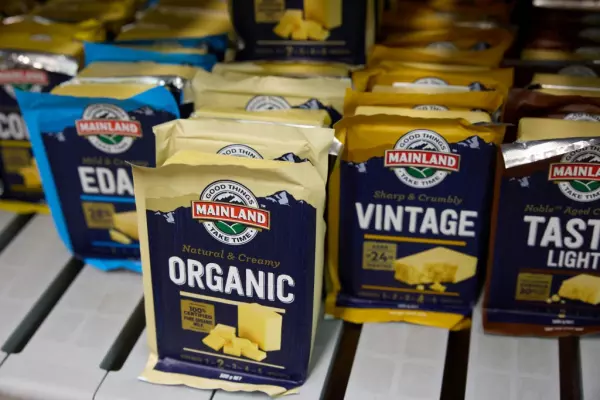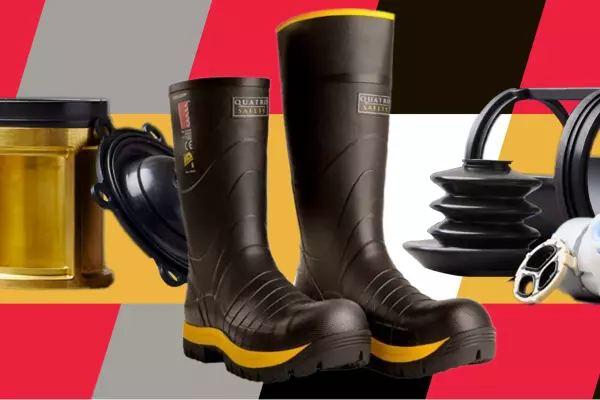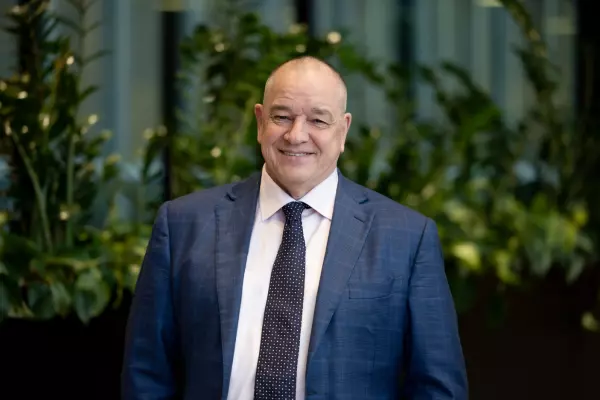BusinessDesk investments editor Frances Cook responds to emails from readers each week to answer questions about money. Below, you will find her expert advice. Send your own questions to [email protected].
Hi Frances,
Both myself and my 17-year-old have been learning a lot about money recently, thanks to the great information out there now from female authors and educators like yourself on the subject.
My daughter has around $9,000 in their KiwiSaver account (conservative fund currently).
We were thinking it would be wiser to change it over either to a mixed fund or a straight growth fund seeing as there is a long time until they will likely need it. Also wondering when the best time to do this would be in light of there still being quite a lot of volatility in the market currently.
Thanks,
J
Hi J,
How wonderful that you’re already having open-money conversations with your daughter and at such a young age.
It’s not only a great basis for her to head into adult life, but it’s also giving the two of you the opportunity to talk and bond over a major life skill that touches on so many other important areas of life. A win all around.
You’re right that your daughter would probably do better in a balanced or growth KiwiSaver fund. Investing is everything to do with time (more on that soon). She likely has more than five years before she plans to use her KiwiSaver, which gives her the time to take more risks with her investments.
My only caution would be if she plans to use the KiwiSaver for a house, within the next five years.
It seems unlikely to me because even if she had built up the deposit amount, someone who’s 22 or younger is probably still at the stage of life where they want to travel, move for work, or otherwise not be tied down by home ownership.
But we are all different, and your daughter might want to do that. So I’ll mention that as a consideration, just in case.
If planning to use it soon (five years or less) for a house deposit, conservative is a better idea.
When to move
But both of you are probably better suited to either balanced or growth. More on the timeline to figure that out in just a tick.
Firstly, when should you move?
My viewpoint is that it’s always best to move your KiwiSaver (or any investment) when it’s the right time in your life, with market volatility only a footnote in your considerations.
Ideally, you have an investment strategy that is based on the long-term, which means the day-to-day movements of the market are less important.
Rough conditions tend to last between six-18 months, although, of course, certain situations can go on for longer.
That’s one reason why I always bang on about having investments in conservative if you think you’ll need them in the next few years. If disaster strikes, no problem, you’re already sitting in a safe (ish) spot.
However, let me now undermine my own point about ignoring current conditions. If you’re looking to move from a conservative to a balanced or growth fund, there’s an argument that now is a very good time.
A balanced fund will have slightly more growth assets, things like property and shares. A growth fund will have the majority of money invested into those types of assets.
Those assets are priced lower right now because the economy is having a bad time and we’re likely heading towards a recession.
The pendulum will swing back at some point, the economy will recover, and asset values then increase.
That means if you buy in now when the prices are low, you’re getting some very good companies at a bargain.
You’re also using the KiwiSaver system to do it, which is run by experienced fund managers, and spreads your money across many different investments. This is a good investing strategy at a time like this and could set you up for a bumper return in the future.
I do need to say here that nothing is guaranteed. But it’s how things have worked in the past, and how I believe things will continue to work in the future.
So while you shouldn't be trying to pick which way the market will go, and shuffling your KiwiSaver around to take advantage of it, if you're already considering moving then now is actually arguably a good time.
What fund to pick
There are so many KiwiSaver funds to pick between, and it can get a bit overwhelming. I don’t want you to get stuck in analysis paralysis.
That’s why I really like the KiwiSaver Fund Finder tool. It has a little quiz at the beginning to narrow down whether you should be in a conservative, balanced, or growth fund. Then it will let you rank different fund options, based on important criteria like fees, services, or returns.
It's independent, and not trying to sell you anything, which is important when looking at these things.
You can also check out the Sorted Smart Investor tool if you’d like to get into more detail about your options. It's also a good independent option, but it does really dive into the nitty gritty, which some people can find a bit much.
So if that’s too overwhelming, the Fund Finder does the trick nicely. Don’t let the perfect be the enemy of the good.
Money Timeline
Now I keep talking about the importance of time, so here’s a rough rule of thumb to help you.
One of the biggest influences on investing, and what types of assets you pick, is the amount of time you have before you want that money back.
So here is how I think about it:
- 1 year or less: cash savings account, or a defensive or conservative KiwiSaver.
This money won’t earn much, and in fact, the impact of inflation means it will slowly become worth less over time. However, if you’re planning to use it soon for something like a house deposit, this is a necessary sacrifice to make sure the value doesn’t nose-dive just as you want to use it.
- 2-3 years: term deposits, sometimes bonds. A conservative or balanced KiwiSaver.
Your money will make a bit more, but not much, as it’s being put into products that are safer but don’t earn as much.
- 5 years: investment property, some shares. Balanced or growth KiwiSaver.
Earn a bit more, and have more of your money invested into growth assets. Can bounce around in the short term, but not too badly, and is likely to earn more in the long term.
- 5-10+ years: shares, a growth or aggressive KiwiSaver.
This is an opportunity to make your money work the hardest. It will probably bounce around a lot in these funds, but that’s actually how they make their money.
Buying companies when they’re going cheap is how you make those profits that you’re relying on.
When the economy recovers, so does your investment. It's important to have this in mind so that you're ready for the rollercoaster.
Best of luck with your choices, sounds like you and your daughter are on a good path together.
Send questions to [email protected] if you want to be featured in the column. Emails should be about 200 words, and we won't publish your name. Unfortunately, Frances is not able to respond to every email received or offer individual financial advice.
Information in this column is general in nature and should not be taken as individual financial advice. Frances Cook and BusinessDesk are not responsible for any loss a reader may suffer.














